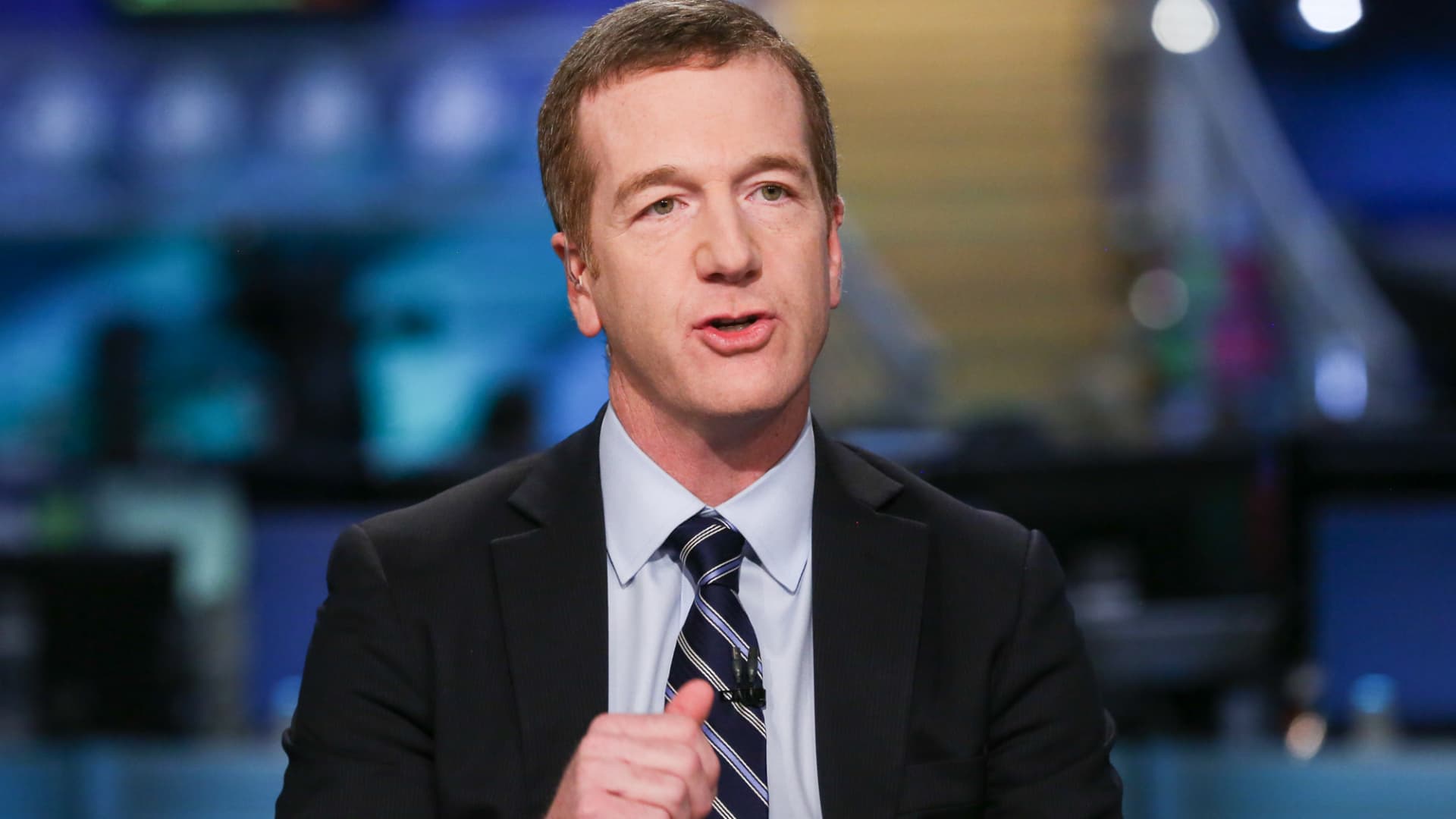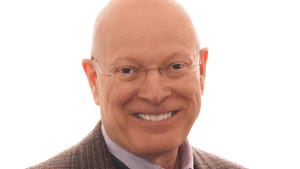Milton Friedman often argued that corporations should concentrate on maximizing profits, and not spend resources on other social objectives. He was once asked if this meant that corporations should do evil things if it led to higher profits. Friedman quite sensibly responded that firms should maximize profits under the constraint that they adhere to legal and ethical norms.
This reminds me of the recent discussion about whether Sam Bankman-Fried (SBF) was implementing utilitarianism in his attempt to get rich and donate lots of money to charity. Some even claim that the recent failure of FTX somehow shows a flaw in utilitarianism. There are a number of problems with this claim.
1. To begin with the obvious, what evidence is there that SBF was a utilitarian? It’s true that he occasionally claimed to have altruistic motives, but at other times he made statements that seemed to contradict this view. Recently, he basically admitted that much of what he said was merely PR, not reflecting his actual beliefs. More importantly, can we rely on the word of a person that claims to seek wealth for altruistic reasons? I’ve met many people that claimed to be generous, but in fact were quite selfish. Oddly, people that try to link SBF with utilitarianism also seem to believe he was a fraud, a sort of con man. There’s a term for people that trust con men who profess to have altruistic motives. They are called “marks”.
As an aside, I have no specific knowledge that SBF committed fraud. I do know that he’s been tried and convicted by the media, and I have no reason to suspect that that view is incorrect. Where there’s smoke, there’s usually fire. But I’m old school—innocent until proven guilty. Woody Allen was also tried and convicted by the media, and yet there’s not much actual evidence for his guilt. Nonetheless, I’m going to assume SBF’s guilty for the sake of argument. Let’s say he did commit fraud—what does that say about utilitarianism?
2. Let’s suppose that SBF is a sincere utilitarian. Does that prove that there is some sort of flaw in utilitarianism? Not at all, for multiple reasons. To begin with, people often make mistakes. Suppose a farmer rejected utilitarianism and had the “natural rights” view of the world. He believed that property rights were sacred. Now assume that the farmer shot at some kids that trespassed onto his land. That’s obviously an overreaction. Should we then blame people that advocate the natural rights view of the world? Clearly not, as in this case there were other rights at stake, including the right to life. The farmer misjudged the implications of his ethical system. To take another example, the terrorists of 9/11 might have believed they were according to the beliefs of Islam, but that doesn’t make it true. Similarly, SBF might have believed he was implementing utilitarian ideas (although I doubt it), but that doesn’t make it true. There are delusional people within any ideology.
3. People that link SBF’s behavior to utilitarianism often seem to employ the Robin Hood defense. He stole from the rich to help the poor. But Robin Hood is a children’s story, not a serious guide to ethical behavior. All societies need consistent rules to guide behavior, and they need these rules for good utilitarian reasons. Just imagine if there were no 1st Amendment to the US Constitution. Assume that every single news article had to be pre-approved by the US government. I believe that this system would have disastrous consequences, and I suspect that you agree with me. And yet it probably is the case that there are a few articles that society would be better off not having seen published. Because we don’t trust the government to isolate those articles, and to let the rest go through, we’ve decided that it makes more sense to have a blanket provision allowing freedom of the press.
One could imagine a law that said, “Fraud is illegal, except in cases where the beneficiary of fraud achieves more benefit that the victim loses.” At first glance, that might seem like a utilitarian approach to law. Instead, all fraud is viewed as illegal, and for two very good reasons. First, if the law were made conditional on the distributional consequences of the crime, then it would be difficult for people to know ahead of time if they were breaking the law. More importantly, this ignores all of the negative side effects of crime. Average people view the cost of theft in terms of the loss to the victim. But to an economist, that’s just a transfer. Economists emphasize that the big deadweight cost of crime comes from the effort expended to avoid becoming a victim. Society devotes a massive amount of resources to crime prevention, of which things like door locks are merely the tip of the iceberg. People rearrange their lives in all sorts of ways to avoid being victimized. In addition, bad guys devote enormous resources to perpetrating crimes. The deadweight losses in this “arms race” really add up, making a high crime society a much worse place to live.
I suspect that SBF’s fraud, if it occurred, made the world worse off. So by the most basic test of utilitarianism it failed to achieve its objective. The counterargument is that one could imagine a hypothetical crime that made society better off. But that’s not what I see SBF’s critics saying in this case. I have yet to read a single article claiming, “SBF made the world a happier place, but what he did was wrong.” Most people seem to believe he made things worse.
Nonetheless, let us suppose that a future SBF does somehow engineer a successful fraud that boosts global utility, even accounting for the fact that fraud reduces economic efficiency due to the deterioration of trust in our financial system, a cost that is above and beyond the direct loss to victims. Let’s imagine a successful “Robin Hood” escapade. What should utilitarians think of that act?
I’m a rules utilitarian, as rules often make aggregate utility higher. I believe we should be a nation of laws, not a country where every action is judged according to someone’s (whose?) idea of its impact on aggregate utility. Thus I believe a criminal should be prosecuted even in the odd case where the crime has a net positive benefit to society.
Consider a case where a man rushes his pregnant wife to the hospital, as she’s about to give birth. He parks the car outside in an illegal spot. He has obviously decided that in this case the benefit of the “crime” (misdemeanor in this case) exceeds the cost of a parking ticket. That’s a rational utilitarian decision. But notice that in that case he should be willing to pay the parking ticket. Our system of parking tickets probably works better if we have a blanket prohibition on parking in illegal spots, rather than evaluating each person’s “excuse” individually. Similarly, our laws on fraud work best if it’s always illegal, not illegal only when the funds are not redistributed to the poor. A society with clear and transparent rules works best—even in utilitarian terms.
To summarize:
1. Rules should be clear and uniform, and not make case-by-case distinctions based on hard to measure utilitarian considerations. People need to know, ex ante, if their actions are legal.
2. Occasionally, it will be the case that breaking rules has a positive net effect, especially for minor crimes like parking violations. But even in those cases, rules should be enforced and parking fines paid. That’s how we assure that the violator had a sincere justification for his action.
3. Inevitably, some utilitarians will wrongly assume that certain actions improve aggregate utility, ignoring the corrosive effects of crime on a society’s well being and thinking only in terms of redistribution. Serious crime has a major negative sum effect on total welfare, at least in the overwhelming majority of cases.
PS. Many people will argue that my “rules” approach is not “true utilitarianism”, just as they might see Milton’s Friedman’s suggestion that corporations behave ethically as not being “true profit maximization”. But those are just word games. I’m advocating the philosophical approach that I believe maximizes aggregate utility. It makes no difference to me what label people wish to place on that approach. Is my approach consistent with the traditional definition of utilitarianism? Perhaps someone can investigate whether people like John Stuart Mill advocated fraud. I rather doubt it.
















